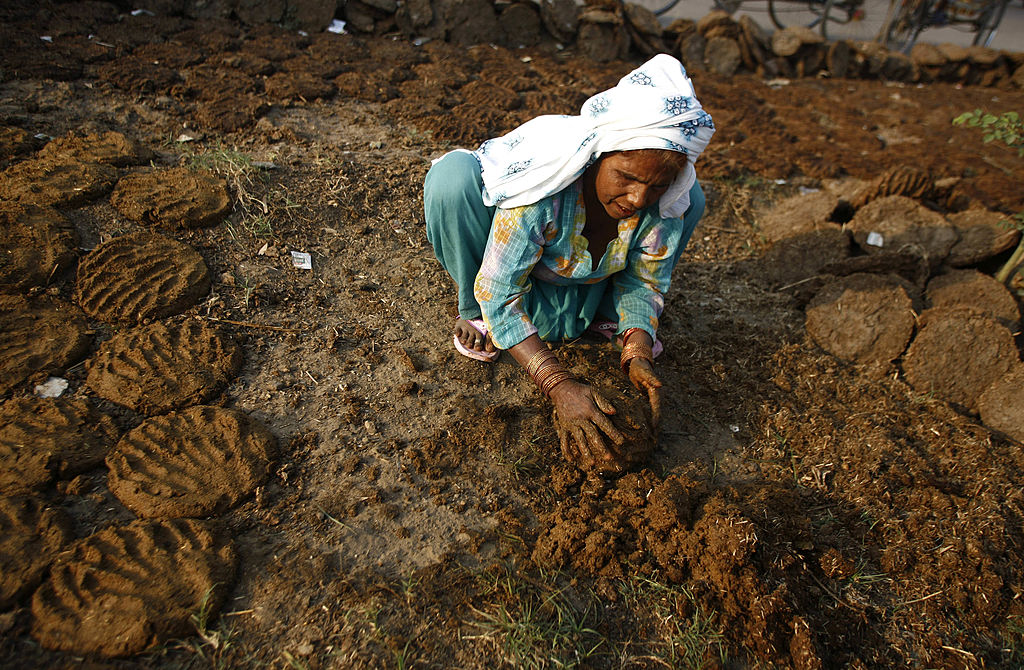- Monday, February 24, 2025

By: Shubham Ghosh
INDIA has refrained from signing the COP26 pledge to put an end to deforestation and reduce methane gas emissions by 2030 due to its concerns over the impact of trade, the country’s huge farming sector and the role of livestock in the rural economy.
Reuters cited official sources to reveal this.
World leaders on Tuesday (2) pledged at COP26 which is currently underway in Glasgow, Scotland, to stop deforestation by the end of the current decade and cut emissions of methane, a greenhouse gas, to slow down climate change.
ALSO READ: UK, India, US, China, EU aim near zero emission steel output
Agriculture accounts for more than 15 per cent of India’s $2 trillion economy and employs nearly half of the country’s population counting more than 1.3 billion.
Around two-thirds of Indians still lives in rural areas and the country’s livestock population is key to its agriculture and village economy. These make the idea of reducing methane emissions, generated by cows, a major challenge.
While COP26 aims to ban coal, Asia builds several new coal power plants
While forestry is less of an issue for the Asian economy, the country was uncomfortable with a clause in the Cop26 declaration that could limit trade, two government officials told Reuters on conditions of anonymity.
Modi’s 2070 net-zero announcement a masterstroke: experts
“Since our international trade is increasingly becoming a big part of our economy, we clearly did not want any clause on trade,” one official said, adding, “We did not want any mention of trade because our stand is that any commitment to the environment and climate change should not involve any reference to trade.”
Another official said since India is a member of the World Trade Organisation (WTO), any trade-related matter should be looked into by the latter.
China and Russia and some other major emitters have also not signed the pledge that seeks efforts to reduce emissions of methane by 30 per cent by 2030 from 2020 levels.